New Lebanese govt. to prioritize protesters demands: Aoun
Lebanese President Michel Aoun has expressed hope that a new government will be formed in the coming days, more than a fortnight after Prime Minister Saad Hariri tendered his resignation amid mass protests demanding departure of the ruling elite.
Aoun wrote on his official Twitter account on Thursday that he hopes such an ideal would happen “once hurdles in the processes of tasking a new prime minister and government formation are removed.”
الرئيس عون: نأمل في إمكانية ولادة الحكومة خلال الايام المقبلة بعد إزالة العقبات امام التكليف والتأليف
— Lebanese Presidency (@LBpresidency) November 14, 2019
The demands of the protesters will be among the first goals of the incoming government, he highlighted.
الرئيس عون: المطالب التي رفعها المعتصمون في الساحات هي موضع متابعة وستكون من اول اهداف الحكومة العتيدة التي نعمل لتتشكل في القريب العاجل
— Lebanese Presidency (@LBpresidency) November 14, 2019
Lebanon in a "very dangerous situation"
Meanwhile, Lebanese caretaker Defense Minister Elias Bou Saab has warned that the cash-strapped Arab country was in a “very dangerous situation,” and compared the ongoing anti-government protests and street unrest to the start of the civil war, which lasted from 1975 to 1990 and resulted in an estimated 120,000 fatalities.
He stressed that demonstrators had the right to protest and to be protected, but the army and security services could not tolerate violence.
On Wednesday, a high-ranking official from the Lebanese resistance movement Hezbollah warned that the United States and its allies in the Middle East were taking advantage of the anti-government protests in the country in order to attain their own political objectives.
Vice President of the Executive Council of Hezbollah Sheikh Ali Damoush said his movement distinguishes between the righteous demands of protesters and the political schemes of those who are exploiting the mass protest movement to achieve their own goals.
"It is wrong to confuse the sufferings of people and their real demands with the political projects, which seek to take advantage of the state of corruption in the country."
“It is now clear that the United States and its allies have infiltrated into the ranks of the protest movement, and are trying to guide it. They have a political plot that they want to impose on Lebanon. The economic and corruption issues in Lebanon are their last concerns,” Damoush said.
Hariri submitted his resignation to President Michel Aoun on October 29.
Under the constitution, Hariri’s cabinet would stay on in a caretaker capacity until a new government is formed.
The protests began on October 17 when the government proposed imposing a tax on Whatsapp calls, along with other austerity measures.
Protesters in Lebanon have stopped blocking roads and setting up barricades, and instead shifted to holding sit-ins at state-affiliated sites.
They say they will maintain pressure on the political establishment until their demands for the departure of the ruling elite and an end to chronic economic mismanagement and corruption are met.
Growth in Lebanon has plummeted in the wake of endless political deadlocks and an economic crisis in recent years.
The country hosts 1.5 million Syrian refugees, and their presence is often blamed for putting pressure on the already struggling economy.
Unemployment stands at more than 20 percent, according to official figures.
The Lebanese Finance Ministry says the national debt is hovering around $85 billion, which accounts for more than 150 percent of Gross Domestic Product (GDP).
Successive governments have failed to address a waste management crisis or improve the electricity grid, which is plagued by daily power cuts.
6 Israeli soldiers committed suicide in recent months: Reports
Diplomat discourages recourse to pressure, intimidation, confrontation against Iran
UN: 2024 deadliest year for aid workers amid genocide in Gaza
Gaza health official warns of hospital shutdowns within 48 hours
Israel kills 5 more paramedics in southern Lebanon: Health ministry
Iran to launch ‘new, advanced’ centrifuges in response to IAEA resolution: AEOI
Yemen fires hypersonic missile at Israeli airbase
VIDEO | New Delhi chokes under toxic smog as air quality remains at hazardous levels








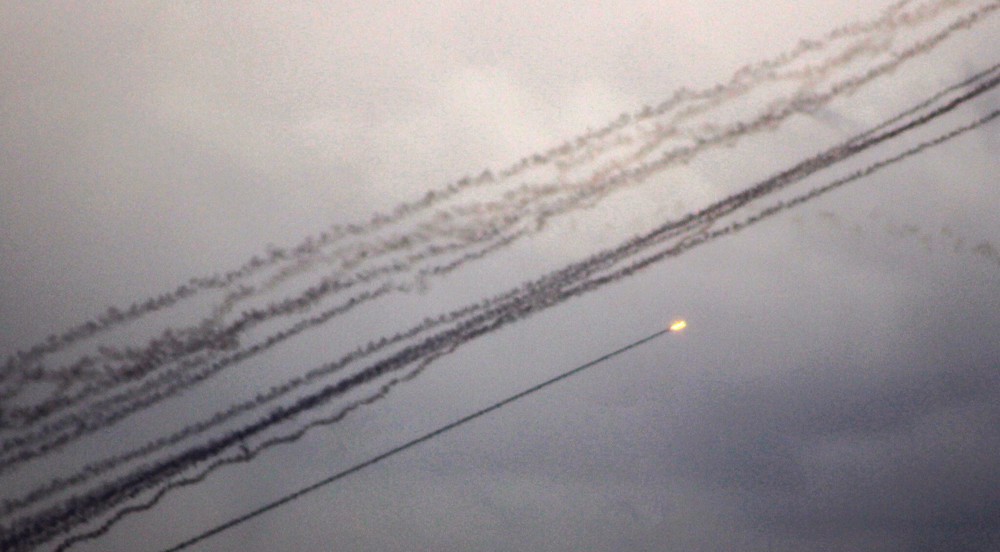
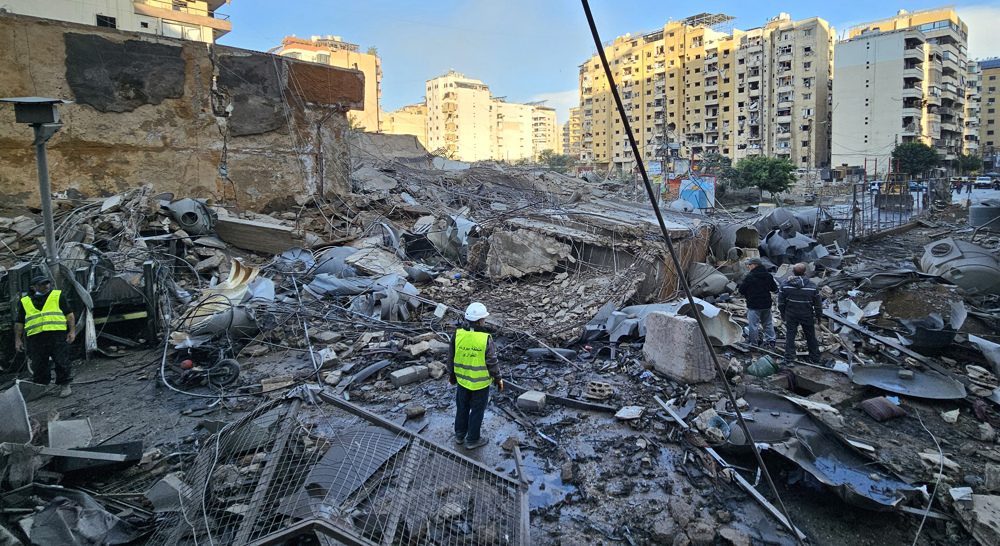





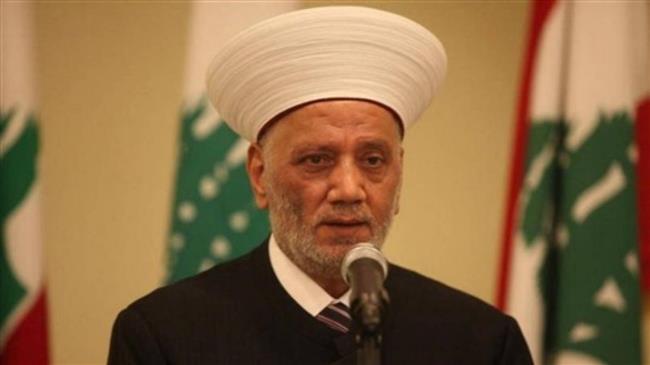
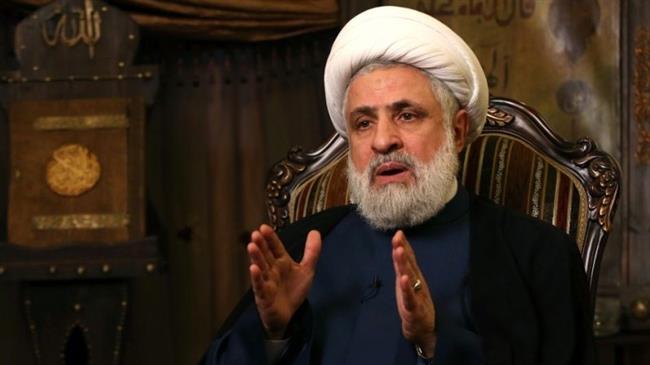
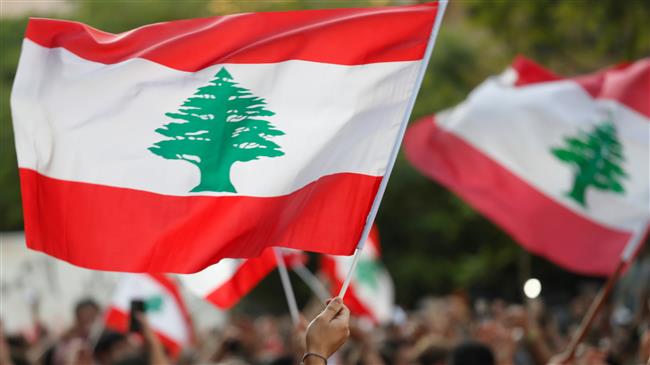

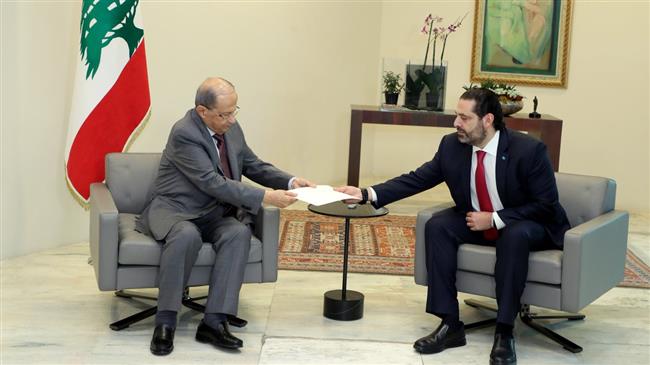

 This makes it easy to access the Press TV website
This makes it easy to access the Press TV website